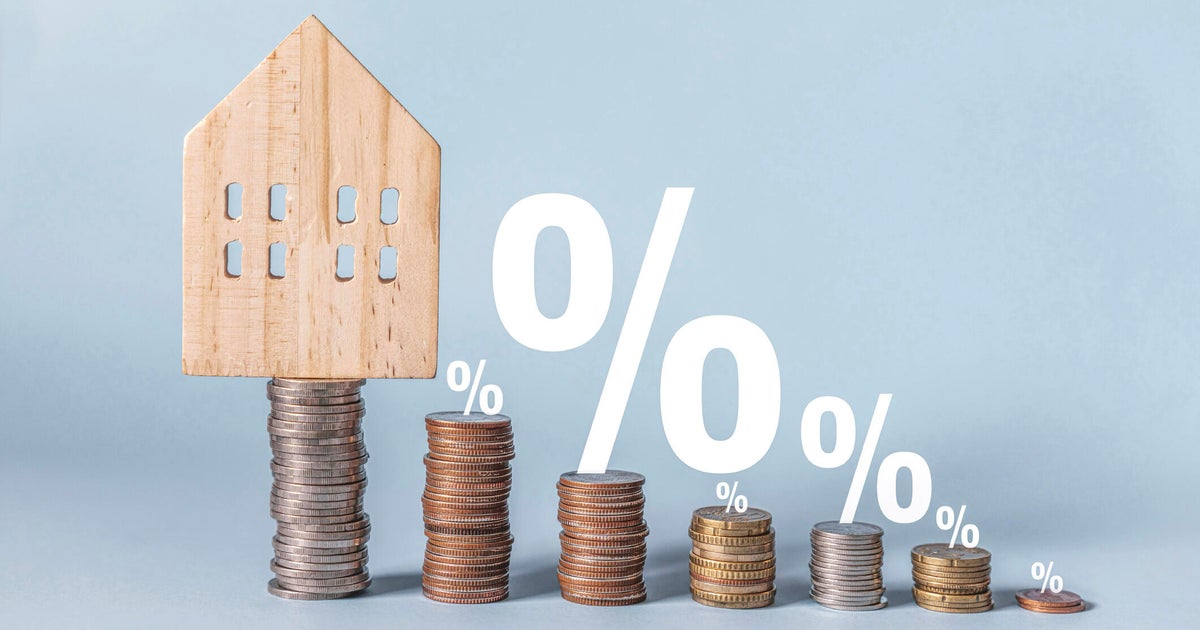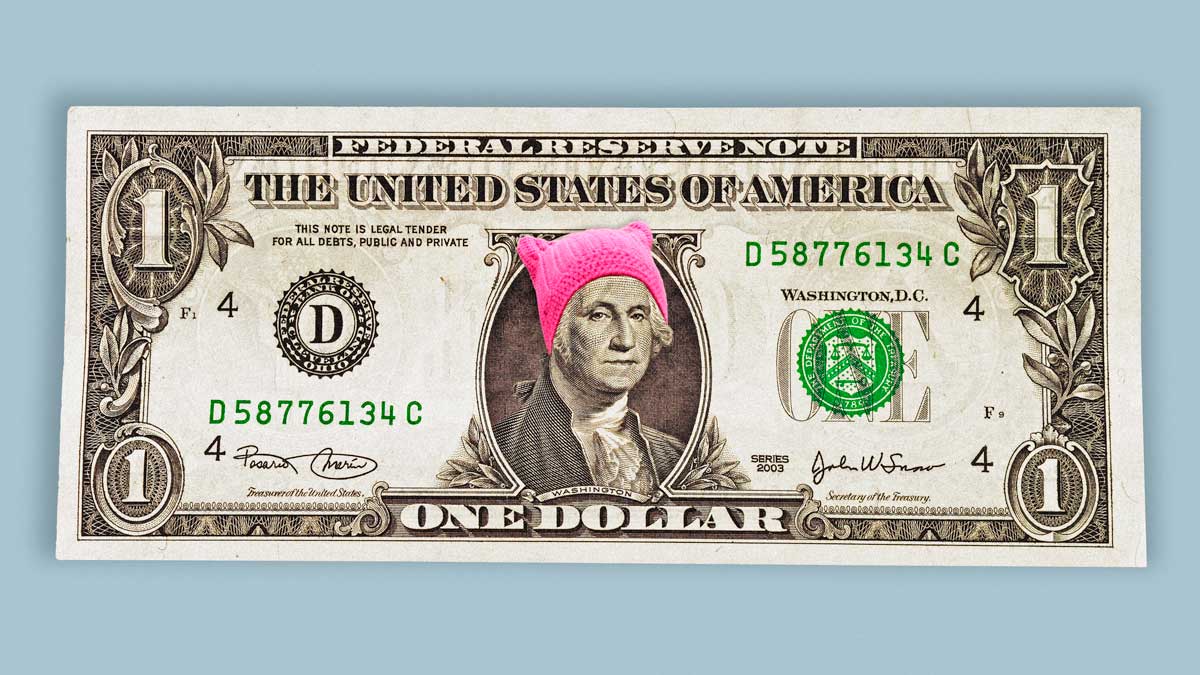What are CDs paying right now?
While high interest rates are increasing the costs of many purchases, they're also enabling savers to earn more. In particular, certificates of deposit (CD) accounts offer relatively high rates at the moment.
The average interest rate on a 1-year CD was 1.72%, as of July 17, 2023, according to the FDIC. The average for a six-month CD is 1.30%. But many CDs pay more than twice as much as the average, thereby outpacing inflation. It's not uncommon to find a 6-month or a 1-year CD paying around 5% annual interest, if not more.
These rates can be slightly higher than those for other interest-bearing accounts, like high-yield savings accounts. Plus, CDs offer fixed rates, whereas savings accounts can change their rates at any time.
"CDs can boost returns versus many savings accounts and are extremely safe due to FDIC protection, but they are best used when you know you can hold them for their full term," says Mike Bisaro, Accredited Investment Fiduciary, president and CEO of StraightLine.
Does a CD sound beneficial to you? By opening one today you can easily start earning more interest on your savings. Get started here now!
What are CDs paying right now?
Here's how much you could earn from a CD in the following scenarios:
How much will a $10,000 CD earn in 1 year?
At a 5% APY, a $10,000 CD would yield $500. Each 0.1% difference equals $10. So a 4.9% APY would earn $490 in interest after one year, while a 5.1% APY would result in $510 in earnings. Thus, it can pay to shop around for the best rate.
How much will a $5,000 CD earn in 1 year?
A $5,000 CD would yield half as much as a $10,000 CD. So at a 5% APY, a $5,000 CD would earn $250 in one year. Each 0.1% difference in APY changes the earnings by $5.
How much will a $10,000 CD earn in 6 months?
The calculations for the earnings on a 6-month CD are a bit more complicated when looking at APY. It's not exactly half of the yearly interest, due to the effects of compounding.
For example, a $10,000 CD with a 5% interest rate—not a 5% APY—would earn $41.67 after the first month. If the interest compounds monthly and stays in the CD, then that $10,060 would earn $41.92 the second month. The slightly higher earnings stem from the slightly higher balance earning that interest. After six months the earnings would be $252.62.
At a 5% APY, the earnings would be a little less than with a 5% interest rate, as APYs account for this compounding effect. In other words, a 5% APY actually reflects a slightly lower than 5% interest rate.
So, a $10,000 CD at a 5% APY would earn $500 after one year but not quite $250 after six months due to the nature of compounding interest. Instead you would earn around $247 in interest.
How much will a $5,000 CD earn in 6 months?
The earnings of a $5,000 CD at a 5% APY would be half of what a $10,000 CD earns. Here too, the effects of compounding mean that you'd earn a little less than half the yearly APY interest at the six-month mark. A $5,000 six-month CD with a 5% APY would earn around $123.
Explore your available CD rates and terms here now and start earning more interest.
The bottom line
As these examples show, CDs might not pay life-changing amounts of interest, but the earnings can add up. Note, however, that CD interest, like other types of bank interest, generally counts as taxable income. And if you're deciding whether to choose a 6-month or a 12-month CD, or another CD term, keep in mind that the interest rate isn't the only thing that matters.
"If the money being invested in a CD is for a known expense, you always want to match the term to the known timeframe, as penalties for early withdrawal usually negate most of the interest earned," says Bisaro.
If you aren't saving for a particular expense, then you might use a mix of CD durations. "If the investor is just looking for protection with increased returns over checking or savings rates, laddering CDs of different maturities can be a great strategy," says Bisaro.
Having a CD ladder can give you cash flow if you withdraw money as CDs mature, or you might reinvest into new CDs. That said, not everyone thinks the higher returns of CDs compared to other types of bank accounts are worth it.
Considering that some high-quality banks currently offer APYs above 4%, "in my opinion, there is no point in locking up your money in a CD for such a small marginal benefit, even if interest rates do slightly go down from here," says Chris Urban, CFP, founder at Discovery Wealth Planning.
Still, it's up to you to decide if you want to reach for extra yield with a CD or if you want more flexibility, such as with a high-yield savings account. Either way, savers can earn relatively high returns at the moment.




